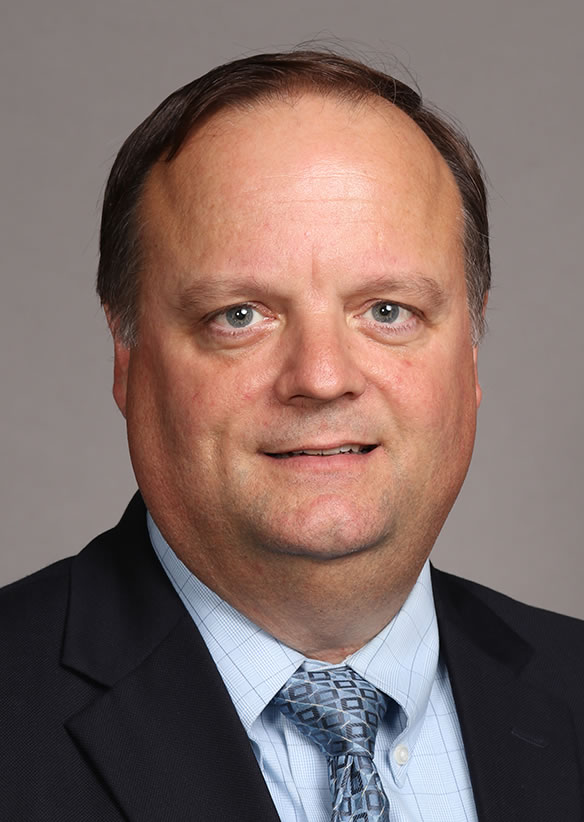This is part five in a series of posts by Dr. David Maxwell. The first was “What Should You Do With Anger and Desire?” The second was “Gregory of Nyssa: Direct the Passions.” The third was “Cyril of Alexandria: Lull Your Passions to Sleep.” The fourth was “Lutheran Theology: Kill Your Passions.”
I said in the last post that I didn’t think a Stoic spirituality was the correct inference to draw from the Law/Gospel distinction. I have two examples to support my statement: Luther himself and article 1 of the Formula of Concord.
If you read any of Luther’s writings at all, you don’t get the impression that he is trying to rid himself of passions. He can give full voice to the Christian experience of suffering, as he does, for example, in his exegesis of Jacob wrestling with God in his Genesis commentary. There he says that sometimes God withholds good from his children the way a human father would play with his son by pretending to withhold an apple. From God’s perspective it is play, but from our perspective he is putting us through hell. Indeed tentatio (struggle) is a key factor that makes someone a theologian according to Luther. So obviously Luther thinks that there is a constructive use for negative emotions.
You get the same impression when you look at Luther’s hymns—and I don’t mean just the words, but the melodies too. “A Mighty Fortress” is not a hymn that is holding up freedom from passion as the Christian ideal. “Dear Christians One and All Rejoice” is not quiet and peaceful either. If I had to pick one word to describe the tenor of Luther’s melodies, it would be “bold.” That fits his theology, because he sees faith as a bold confidence in the promises of Christ.
The Formula of Concord, in its own way, reinforces this message. Article 1 says that original sin is an accident not a substance. A substance, in Aristotelian philosophy, defines what a thing is. You can’t change the substance without changing the thing. If you burn a chair to ashes, for example, you have changed its substance. It is no longer a chair. An accident is a characteristic of a thing which you could change without changing what that thing is. If you paint a chair, for example, you have changed an accident but not its substance. It is still a chair.
To say that original sin is an accident is to say that human nature cannot simply be defined as sin. We need to make a distinction between our nature and the corruption it undergoes because of sin. That corruption is indeed very deep, as article 1 emphasizes, but the distinction between human nature and sin must be maintained.
If we apply that same distinction to our sinful passions, then we would have to say that our passions are indeed corrupt, but they are not identical with sin. They are impulses that could have a good purpose, but that sin has corrupted. This is a lot closer to Gregory’s view of the passions than to Cyril’s. The passions are the steel out of which you could forge a sword or a plowshare. If you root out the tares, you are in danger of destroying the wheat as well.
In the end, I would suggest that if Lutherans have an ideal disposition, it is confidence. In my view, Gregory’s description of the passions is closer to that ideal than Cyril’s, and it better describes what Luther was up to in his life and his hymnody. What do you think Lutherans ought to do with our passions, particularly anger and desire?



Leave a Reply
You must be logged in to post a comment.